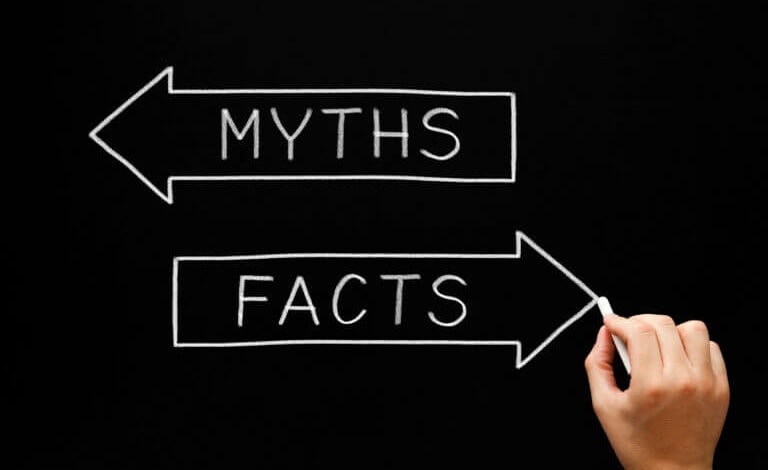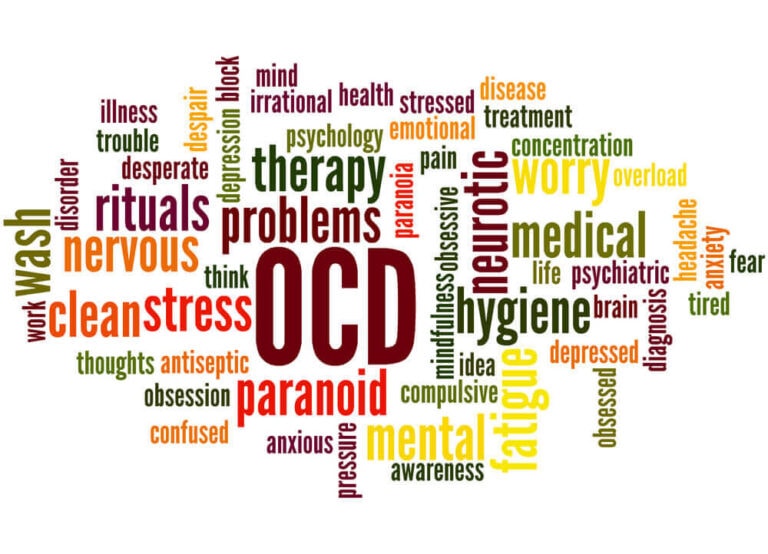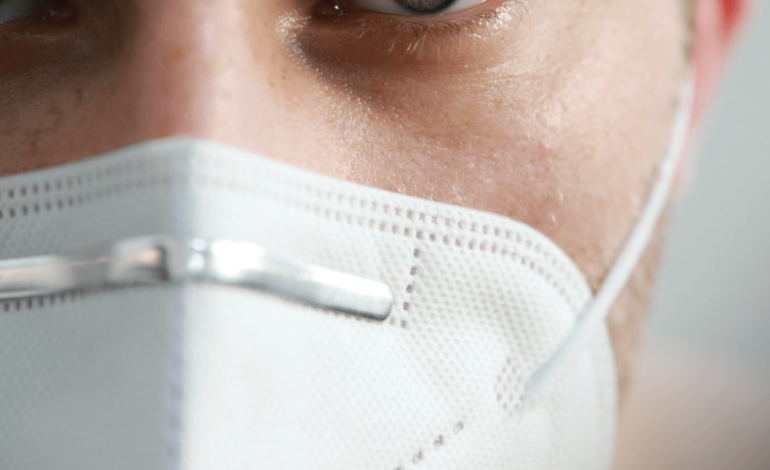According to statistics, alcohol is the most commonly used addictive substance in the United States: 17.6 million people or one in every 12 adults are diagnosed with an alcohol abuse disorder and millions of more individuals engage in risky behaviors such as binge drinking that can potentially lead to alcohol abuse disorder. Alcohol can affect every organ in the body and create hardships within relationships and result in financial burdens due to the loss of a job or legal fees. The media often portrays alcohol as a healthy stress reliever or way to decompress after a long day, however, there are many common myths about alcohol that are untrue.
Myth #1: Allowing underage children to drink moderately at home
While under parental supervision helps them drink responsibly and not lose control when they’re away from their parents.
Fact: Children who are allowed to drink at home are more likely to drink larger amounts of alcohol on a more frequent basis when they are away from the home compared to underage children whose parents have a no alcohol tolerance policy in the home. A recent study published in the Journal of Studies on Alcohol and Drugs found that even being permitted to sip from their parents’ glass of wine or beer can lead to unwanted consequences in the future. This study showed that children who had sipped alcohol by the sixth grade were approximately five times more likely to have had a full drink by the time they were in high school and four times more likely to binge drink. The best strategy with underage kids and drinking is to keep an open dialogue about drinking and make it clear that you don’t condone underage drinking in the household.
Myth#2: A drink before bed known as a nightcap will help you sleep
Fact: Drinking before bedtime can help you fall asleep faster however you are more likely to wake up throughout the night when you have alcohol in your system and therefore alcohol is known to disrupt sleep patterns. Alcohol is shown to disrupt rapid eye movement of REM sleep, which is the last stage in the sleep cycle and is responsible for memory, concentration and motor skills. Waking up during REM sleep will cause you to be groggier and less rested than sleeping through an entire sleep cycle.
Myth#3: Red wine is good for your heart.
Fact: Drinking red wine, white wine, beer or liquor all have the same effect on your heart. Studies have shown that a glass or two of any type of alcohol a day can raise your HDL cholesterol (your good cholesterol) however these studies were performed only in mice who were on a large amount of statins (lipid-lowering agents) and medical doctors do not encourage drinking alcohol in order to benefit your heart health.
According to two cardiologists at the Cleveland Clinic, “The myth about red wine came from the so-called French paradox — that the French drink a lot of red wine and they have a relatively low instance of heart disease, despite the fact that they eat a lot of fat. People began to think maybe red wine was protecting them. And there was a little bit of research in animals showing that an element of red wine known as resveratrol seemed to be protective in mice. But what the public didn’t get was that they gave thousands of times more resveratrol to the mice than humans would ever get from drinking red wine, and the research just didn’t hold up in additional studies.
“At the end of the day, we don’t recommend taking up drinking to benefit your heart. But if you do drink a glass or two of alcohol per day, depending on your body mass, it can be a heart-healthy activity.”
24/7 ADMISSION HELPLINE 888-629-6707




